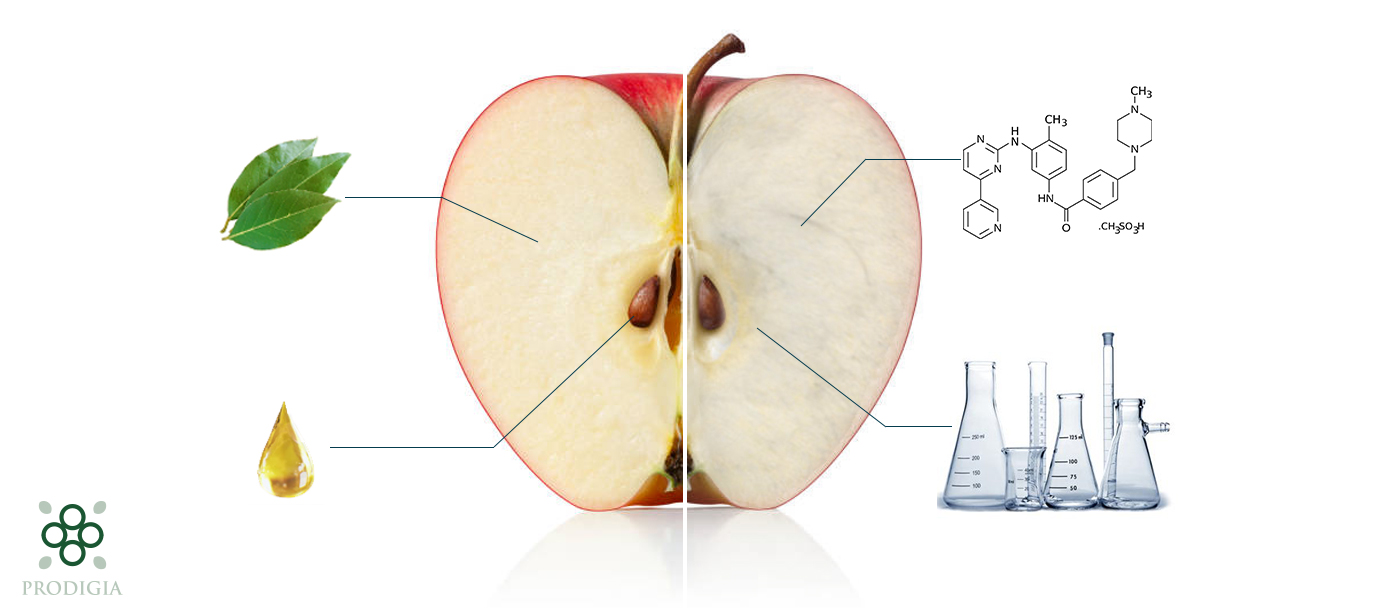Natural cosmetics enthusiasts are more and more passionate about products that are gentle on their skin and on the environment. These products contain ingredients of plant, animal or mineral origin. However, it is essential to understand that all supposedly natural ingredients are not always what they seem. In this article, we’ll explore natural cosmetic ingredients in depth, highlight the controversies surrounding them, and guide you to informed choices for a more natural and responsible beauty routine:
1. Understanding natural ingredients in cosmetics:
Natural ingredients provide many perceived benefits in cosmetic products. Their plant or mineral origin can bring specific benefits to the skin, such as hydration, soothing or radiance. Natural cosmetics enthusiasts are attracted to these ingredients because they are perceived to be gentler, more environmentally friendly and healthier for the skin.
However, it is essential to remain vigilant about the transparency of brands and to verify claims of naturalness. Unfortunately, some products may claim to be “natural” while still containing synthetic or chemical ingredients. It is therefore important to read labels carefully, look for certifications and learn about the reputation of the brand to ensure the true naturalness of the products.
Essential oils, plant extracts and vegetable butters are some of the most popular natural ingredients. These ingredients are often used effectively in natural cosmetics, providing their nourishing, antioxidant and regenerating properties to the skin. However, they should be used with caution, adhere to the recommended doses and be alert to any potential allergic reactions.
2. Controversial cosmetic ingredients:
Unfortunately, some commonly perceived natural cosmetic ingredients are not as natural as they appear, and can occasionally pose health and environmental concerns.
Thickening agents such as hydroxyethyl cellulose is a good example. Another great example is behentrimonium methosulfate. It is used as an antistatic agent and, sometimes, as a disinfectant, and is of vegetable origin. It most often comes from rapeseed oil. But it cannot be considered a natural ingredient. The reason is simple: it undergoes some processing transformations that are considered synthetic before being used in cosmetics.
The reasons preventing ingredients from being considered natural is usually due to the manufacturing processes used that are considered synthetic.
Among the often debated ingredients we find parabens, sulfates, silicones and synthetic dyes, among others. Parabens, for example, are widely used preservatives, but their endocrine-disrupting potential raises concerns. Sulfates, such as sodium lauryl sulfate, are harsh foaming agents that can dry out the skin and hair. Silicones, on the other hand, can give a smooth vanishing feel to the skin and hair, but some variations are known to be endocrine-disrupting as well as bad for the environment. As such, ingredients like cyclopentasiloxane are now forbidden in rinse-off products, due to their negative environmental consequences.
It’s important to be aware of these controversies and make informed choices by learning about the ingredients in the products we use. Knowing and understanding these ingredients allows us to select cosmetic products that match our values and specific needs.
3. Labels and certifications for natural products:
To help consumers distinguish genuinely natural products, various labels and certifications exist. These certifications guarantee that the products meet specific standards in terms of naturalness, origin of ingredients, manufacturing methods and environmental impact.
Here are some of these labels: the COSMOS label, the Ecocert private standard, and other country-specific certifications. Discover Prodigia’s article on Certifications and labels: a guarantee of quality for your brand of natural cosmetics. We explain to you the criteria and standards they require to obtain their certification, which will allow you to more easily identify the products that meet your expectations in terms of naturalness, and to have a better idea of the making of your own natural cosmetics.
4. Make informed choices when it comes to natural cosmetics:
To make informed choices, you must read labels and ingredient lists carefully. The list of ingredients is often presented in detail, with the most common ingredients first. Take the time to understand technical terms and research ingredients that seem questionable or controversial.
It is also important to research and learn more about the ingredients used in cosmetic products. Finally, we advise you to find truly natural alternatives. With a little research, you are able to discover and adopt ethical brands that favor natural and sustainable ingredients over certified organic products. Making informed choices will allow you to take care of your skin while respecting your health and the environment.
At Prodigia, our formulas are composed of at least 95% natural ingredients and are developed in accordance with Cosmos standards.
Need advice? Contact Prodigia!



